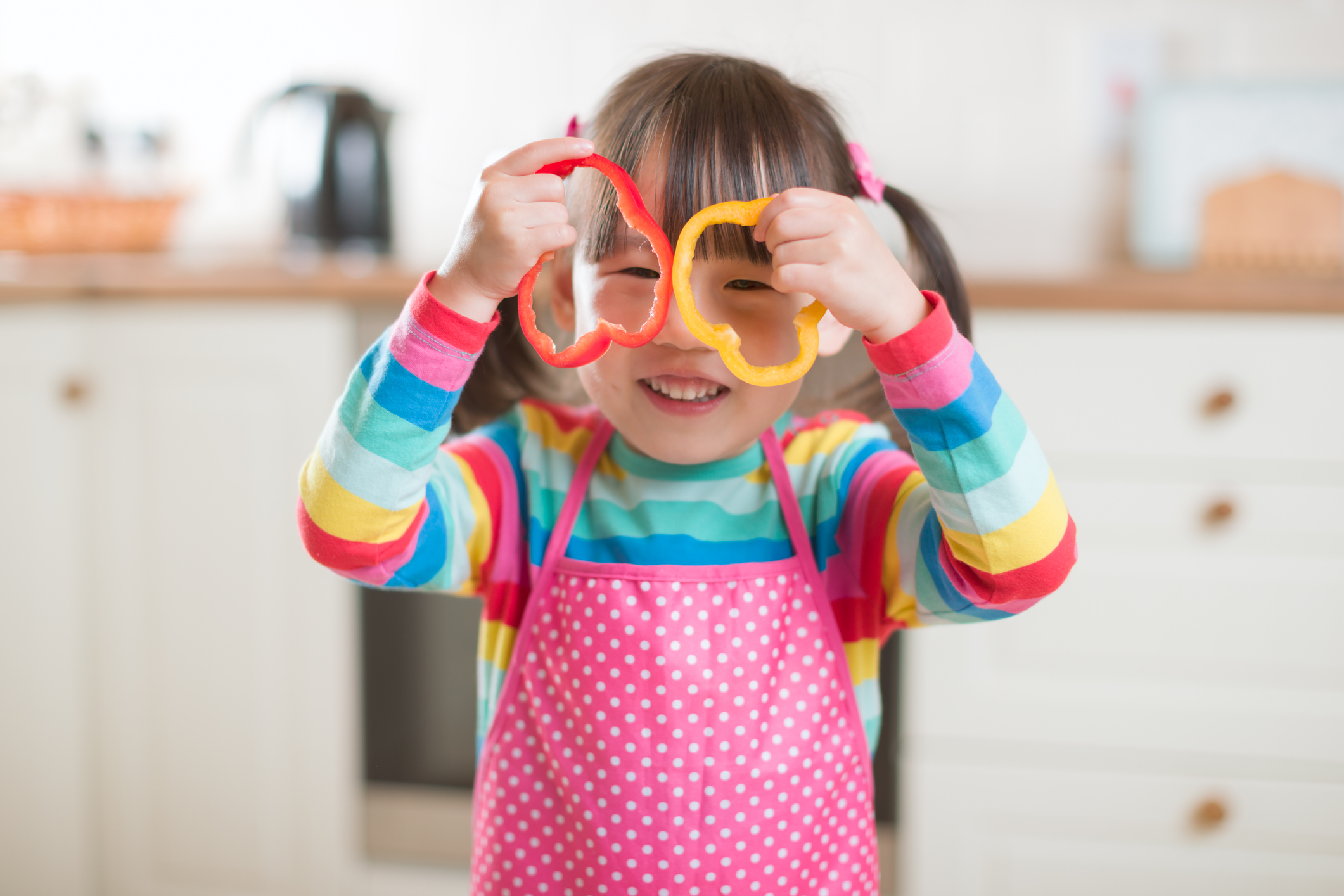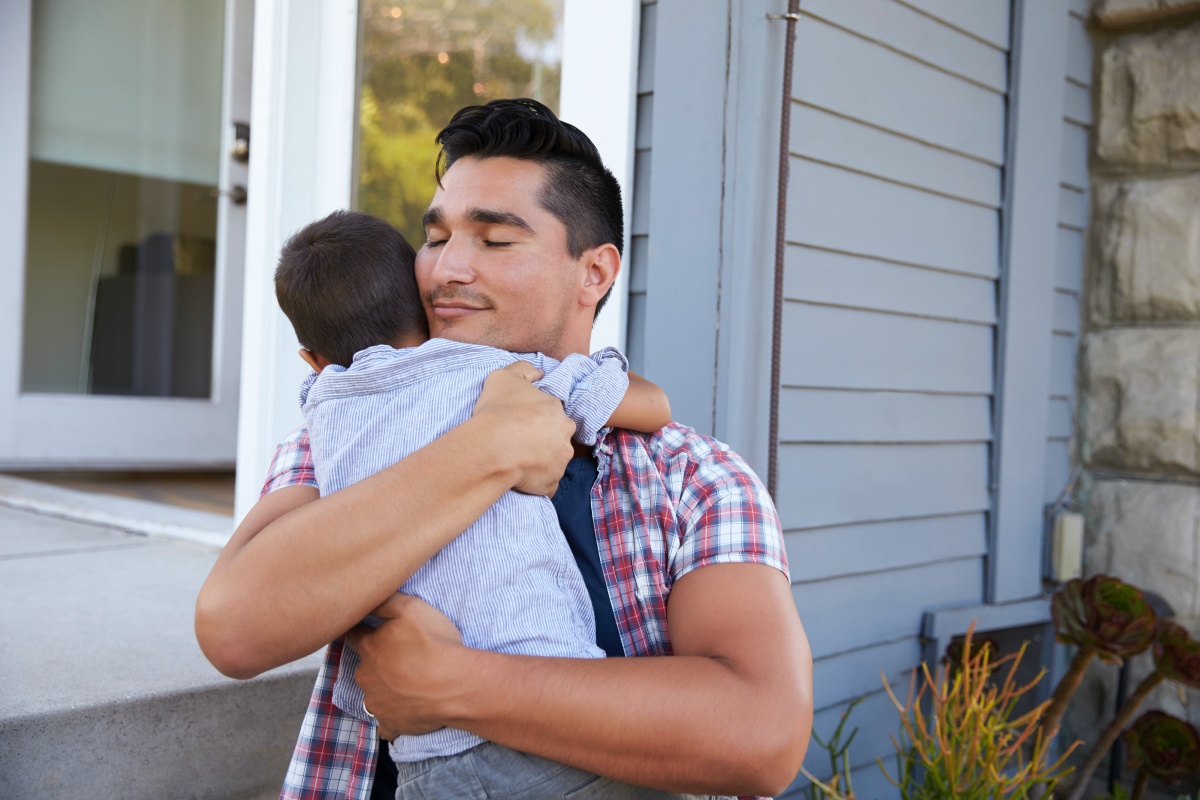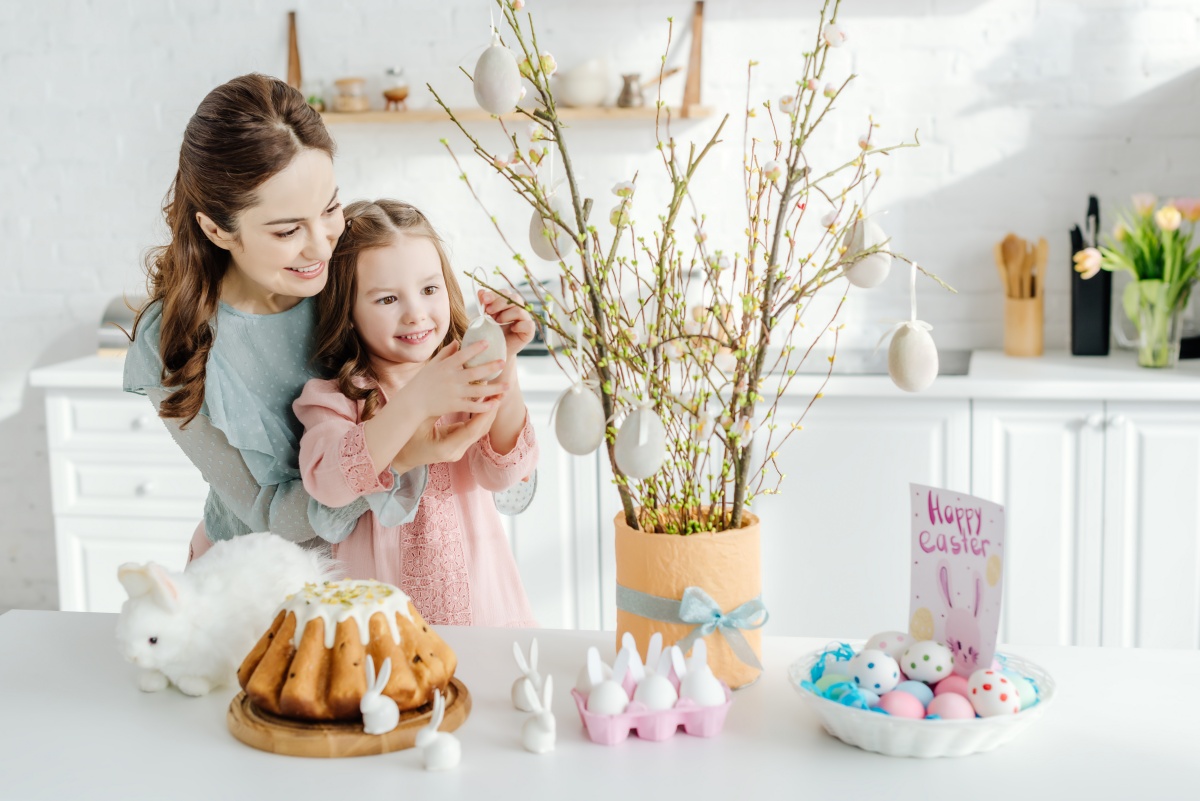
We’re all navigating really strange and chaotic times.
Schools have closed and parents are faced with working from home while trying to assist their kids in completing assignments on unfamiliar digital platforms and in subjects that are outside of their comfort zone.
Thousands of parents are also facing employment uncertainty or job loss as the economy continues to shift downward.
These abrupt changes can feel frightening to adults, and destabilizing to children. During troubling times, such as the current COVID-19 pandemic, fear and anxiety are often amplified.
For many of us, this is a crisis. A crisis is any event that is perceived as threatening and creates an imbalance in the family routine.
Individuals cope with abrupt change differently depending on age and prior experiences. For some kids, what is happening now is perceived as a temporary disruption. While for others, this is a full-blown crisis.
Regardless of which side you’re on, below are some practical strategies that can help you navigate parenting during this current public health crisis.
1. Look for common reactions
The world as we know it seems to keep changing. For some preschoolers and elementary-aged kids, change can be very confusing and even frightening. While some kids may not appear to be impacted at all, others may be struggling to cope, but not verbalizing it.
Anxiety, sadness, and boredom are all common reactions to big changes. For younger kids, it’s helpful to monitor extreme changes in their typical behavior or indications of regression such as bed wetting, thumb sucking, or excessive clinginess.
For middle or high school teens, you might notice increased irritability, physical complaints such as stomachs or headaches, or increased withdrawal. High schoolers may feel anger and disappointment about missing milestone experiences like the spring sports season, prom, senior trips, and graduation.
Depending on the age, your child might have difficulty accessing emotional language for what he or she is experiencing. With kids of any age, you can help by validating their emotions and teaching them how to cope when emotions feel really BIG. One strategy involves pausing, taking a deep breath, and counting to three.
2. Help your child to feel safe and comforted
Whether you’re parenting a preschooler or a high school senior, creating a sense of safety is imperative during a time of crisis. Kids need routine and predictability in order to feel safe.
We are facing so much that isn’t normal, so maintaining family rules and routines is especially important. Keep regular meal and bedtimes. When helping with school assignments, encourage success by working at your child’s pace and alternating between study and play.
Set aside time with your kids to simply cuddle on the couch and watch their favorite movies. However, if they’ve grown tired of Frozen 2, museums are offering virtual field trips for families to enjoy at this time.
3. Prioritize fun
Play is valuable during uncertain times because it can fuel laughter, which generally decreases stress.
Board games offer unique cognitive health benefits, such as increased memory and problem-solving skills. Candyland and Scattergories are two favorites in my home.
Outdoor physical activities help to lower stress and calm anxious minds.
Writing is a productive way to help decrease anxiety and boost mood. Suggest journaling to your older children. If he and/or she is unclear about how to start, suggest writing about how angry, bored, or annoyed he or she feels about being stuck inside.
In fact, we all could probably benefit from that journal prompt.
4. You don’t have to know all the answers
In times of crisis, information is invaluable. It can also be overwhelming.
As information unfolds daily, there will be more questions.
Younger children may be wondering, “Is it safe to visit grandma?”
Older kids may question the logic of having to stay away from friends for an indeterminate amount of time. “Really, mom, so I really have to stay away from my friends indefinitely?”
Remain open to answering all questions and it is OK not to know all the answers. No one does.
Calmly share what you do know and admit what you don’t. Give age appropriate information. Remind your child that he or she is brave and that your family is fully equipped to handle this crisis together.
5. Stay connected
Fear and anxiety are widespread, and social distancing separates us from our usual (and vital) support networks.
Globally, parents are having conversations about how to balance the need for abundant precautions with the very real need for connection.
Sadly, social separation can increase your risk for loneliness.
During a crisis, it’s even more critical to stay connected in order to reduce some of the stress that social distancing creates.
Beyond a call or a text, there are other ways to stay connected. Consider allowing younger kids to connect virtually—while supervised—with peers via select social media platforms. Grandparents can experience virtual story time with younger kids. Google Hangouts or Marco Polo is a great way for older kids to video chat with friends while practicing social distancing.
We are now able to access various and unique virtual events. It was neat to see my four-year-old and his peers completing their Jiu Jitsu group training session this week via live streaming.
And, if your kid is into chess, there’s a cool chess app that features virtual matches designed for all levels of chess players.
6. Find purpose in the pause
As parents, our kids take cues from us and depend on us to help them navigate their own strong emotions.
It’s important to guard not only your physical health, but also your mental health. Ward off negative thought spirals by avoiding “what-ifs” and practicing gratitude.
Gratitude supports our immune health and helps to cultivate wellness.
If anxiety starts to creep in, try lying down with your eyes closed and while focusing on your breath, reflect on a list of things for which you are grateful.
With everyone at home, it will be challenging to keep boredom at bay. Leverage the opportunities this major disruption offers.
The lessons learned by serving others is invaluable. One way to serve elderly or high-risk neighbors is by offering assistance with picking up groceries or prescriptions.
Or, focus on creative pursuits—learn a musical instrument, write a blog, or reproduce that complicated thing from Pinterest. Maybe you won’t initially succeed, but fortunately, there’s time to try again.
Finally consider this
We are in a unique time. The uncertainty about what lies ahead can fuel anxiety. We don’t know what is ahead, but remember, we are all in this together. Be patient with yourself. Reach out to others. Stay sound, stay calm, and stay safe. This too shall pass.
Stress and anxiety can exacerbate any pre-existing mental health condition. If you or your children need additional support, consult a doctor or mental health professional. Many therapists are trained to provide telehealth services via video-conferencing.




